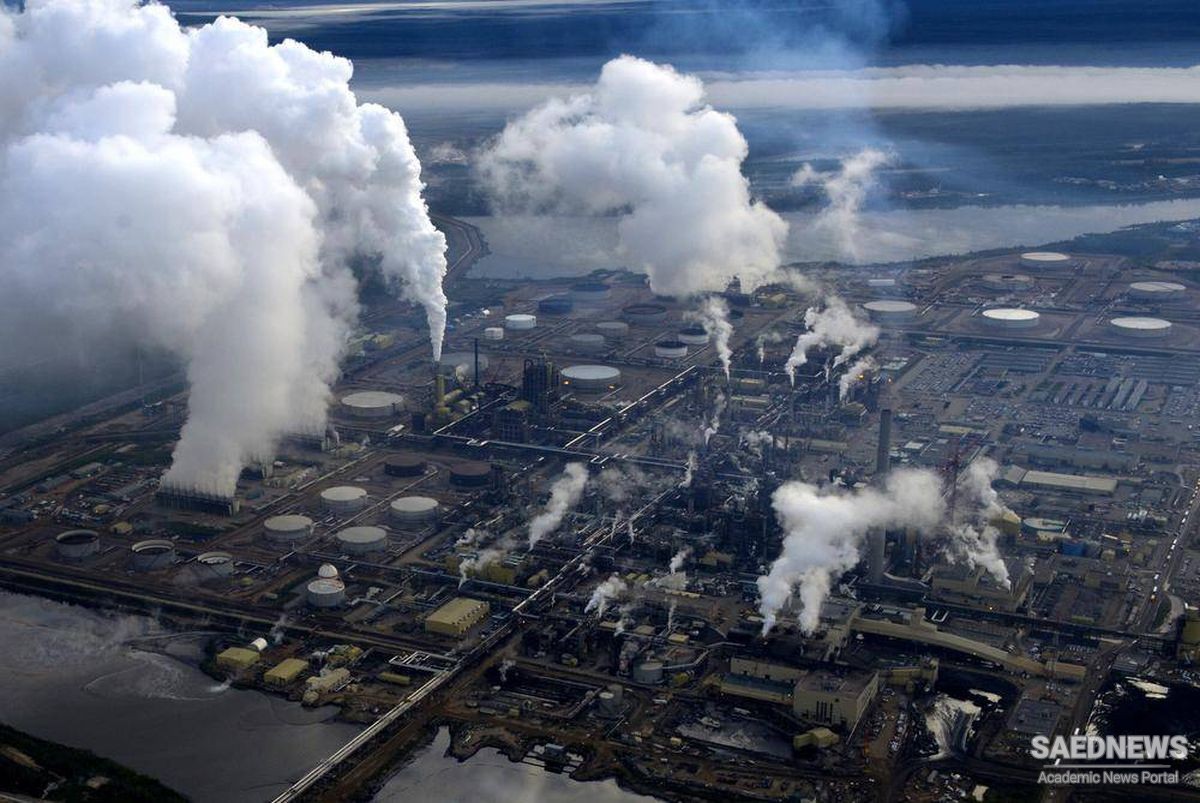The globalization of exchange and production mandates a convergence in economic policies and institutions, of socioeconomic systems. Apart from its ideological and philosophical dimensions, programmatically global neoliberalism involved twin dimensions, rigorously pursued by global elites with the backing of a powerful and well-organized lobby of transnational corporations. One was worldwide market liberalization and the construction of a new legal and regulatory superstructure for the global economy. The other was the internal restructuring and global integration of each national economy. The combination of the two was intended to create a "liberal world order," an open global economy and a global policy regime that breaks down all national barriers to the free movement of transnational capital across borders and the free operation of capital within borders in the search for new productive outlets for excess accumulated capital. Economic restructuring programs sought to achieve within each country the macroeconomic equilibrium and liberalization required by transnationally mobile capital and to integrate each nation and region into globalized circuits of accumulation. The model attempted to harmonize a wide range of fiscal, monetary, industrial, labor, and commercial policies among multiple nations, as a requirement for mobile transnational capital to function simultaneously, and often instantaneously, across numerous national borders. The program called for the elimination of state intervention in the economy and of the regulation by individual nation-states of the activities of capital in their territories. Economic integration processes and neo-liberal structural adjustment programs are driven by transnational capital's campaign to open up every country to its activities, to tear down all barriers to the movement of goods and capital, and to create a single unified field in which global capital can operate unhindered across all national borders. Neo-liberal policies typically include the liberalization of trade and finance, deregulation of capital (but not an end to state intervention to assist capital in its accumulation activities), the privatization of formerly public spheres, and austerity programs that involve, among other things, the lifting of state subsidies on popular consumption, lay-offs in public employment, and cuts in social programs such as welfare, public health, education, and so forth. By synchronizing each national economic environment to an integrated global economic environment, neo-liberalism has served as the policy "grease" of global capitalism that keeps the gears of the system in synch.


 Capitalist Globalization and Emergence of New Capital-Labor Relations
Capitalist Globalization and Emergence of New Capital-Labor Relations














































